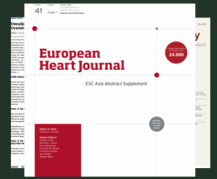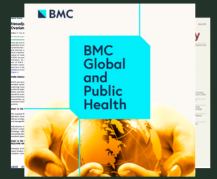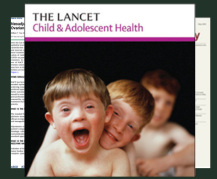Yes, Pubrica’s meta-analysis experts can assist with this. You need to share the outcomes you wish to analyse. However, in most cases, the selected papers may not have sufficient information for data extraction. For instance, we need variables as per your protocol, such as mean differences between baseline and control/placebo, hazard ratios (HR), odds ratios (OR), percentage differences, or any other relevant outcomes. These should be consistent across the studies. Please ensure you verify these details before submitting your papers for meta-analysis.
Yes, 3–4 papers are sufficient for a meta-analysis. Even two studies can be analysed, provided they can be meaningfully pooled and their results are similar. However, to achieve higher statistical power than individual studies, at least five studies with similar outcome variables (e.g., hazard ratio, total sample size, and 95% confidence interval for both the baseline/experimental group and control group) are recommended. That said, there is no strict restriction—systematic reviews and meta-analyses aim to achieve saturation. This is why all MeSH terms are used to identify studies. The more studies with similar outcomes, the stronger the conclusion.
Yes, Pubrica can assist in analysing the data. As mentioned earlier, even a minimum of two studies is sufficient if the outcome variables are the same. However, a key challenge with a small number of studies is estimating between-study heterogeneity, which may result in overly broad or narrow confidence intervals.
No. One of the critical criteria for conducting a meta-analysis is that all outcomes must be comparable, and all interventions and comparators must be the same—or at least similar enough—to allow meaningful pooling.
We use RevMan and STATA for analysis. If you require a specific tool, please let us know, and we will analyse the data using your preferred software.




































